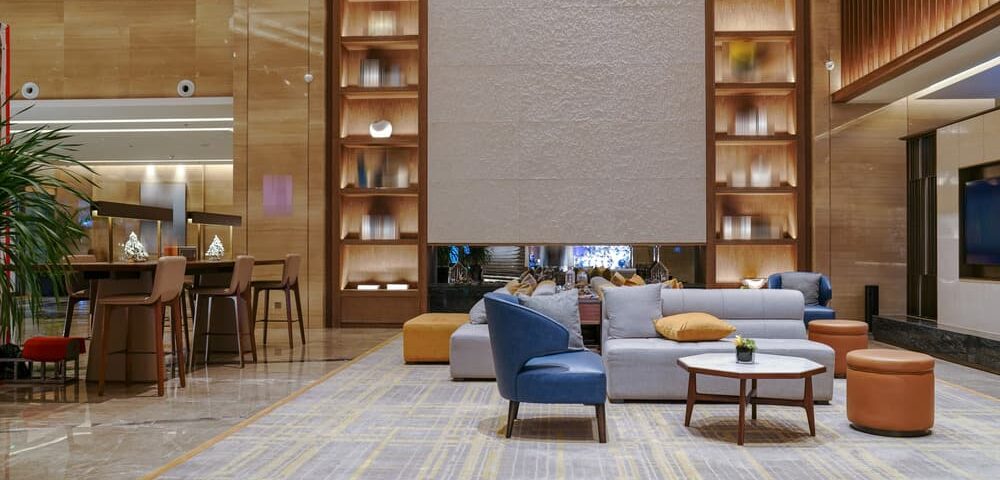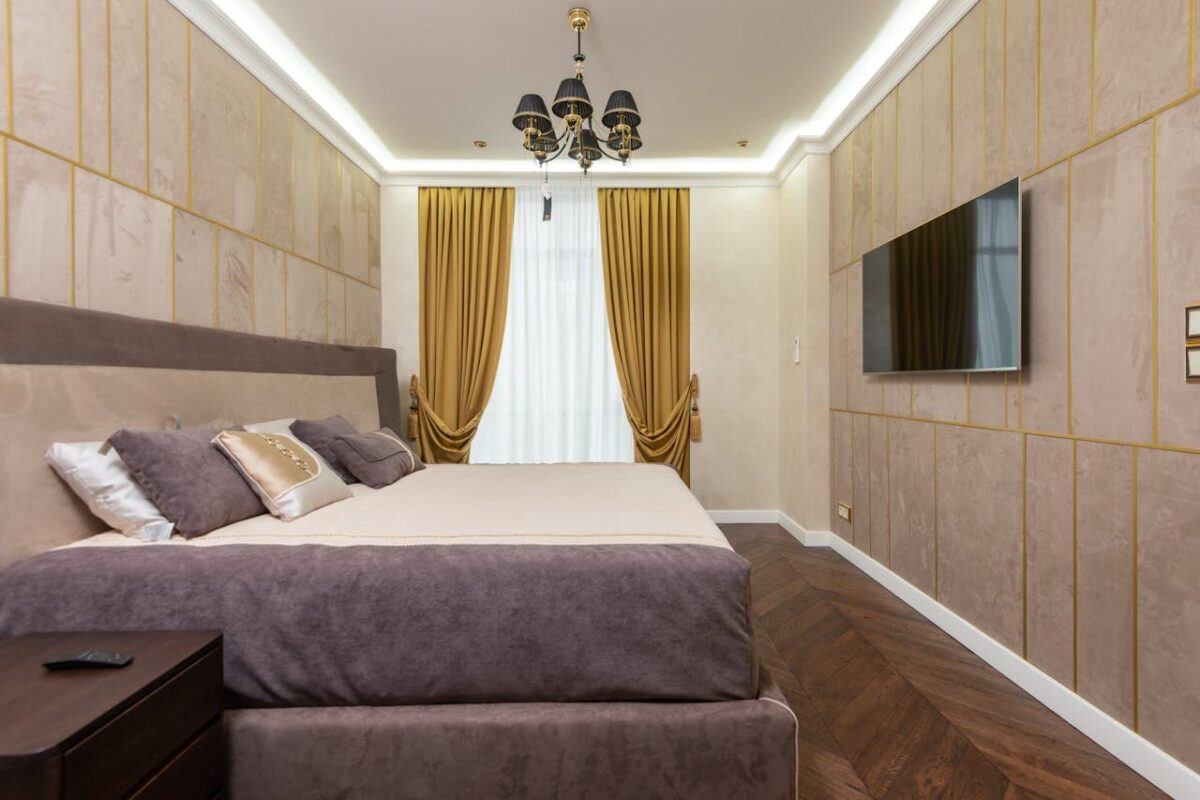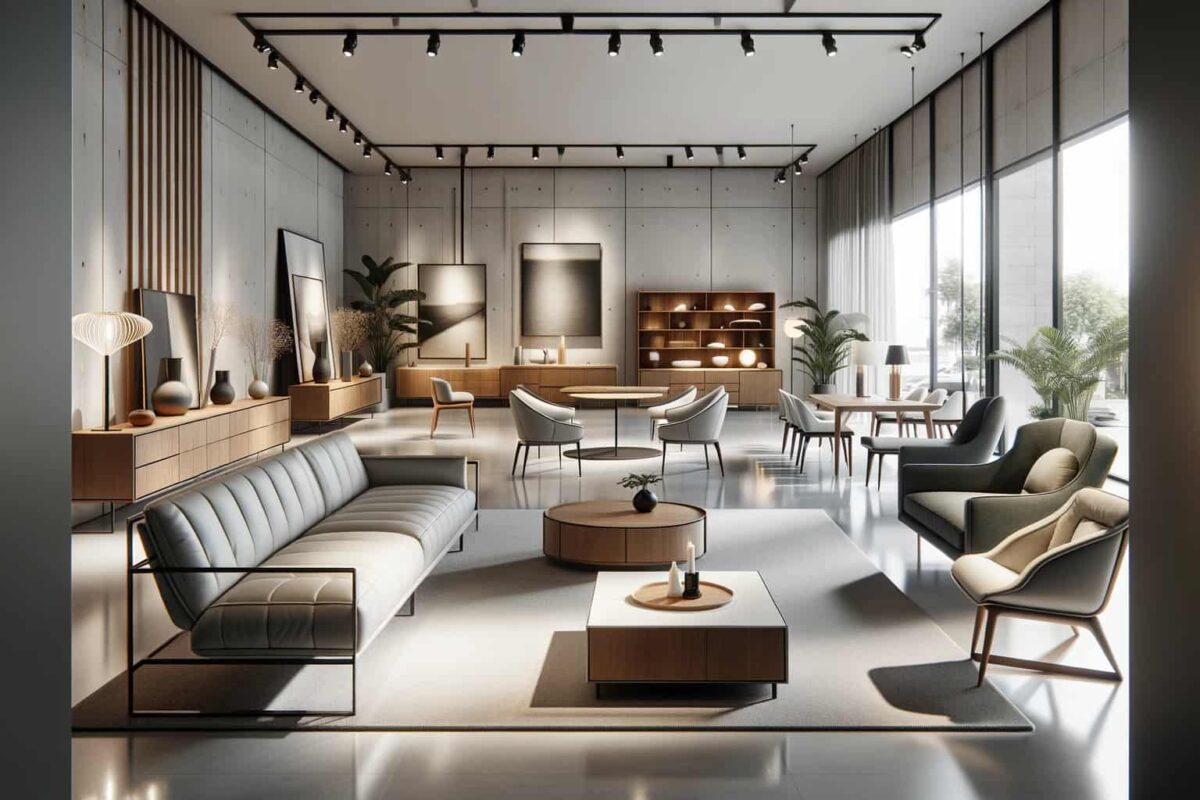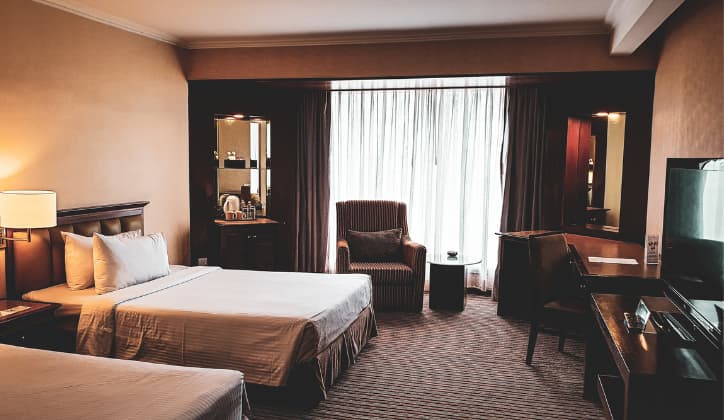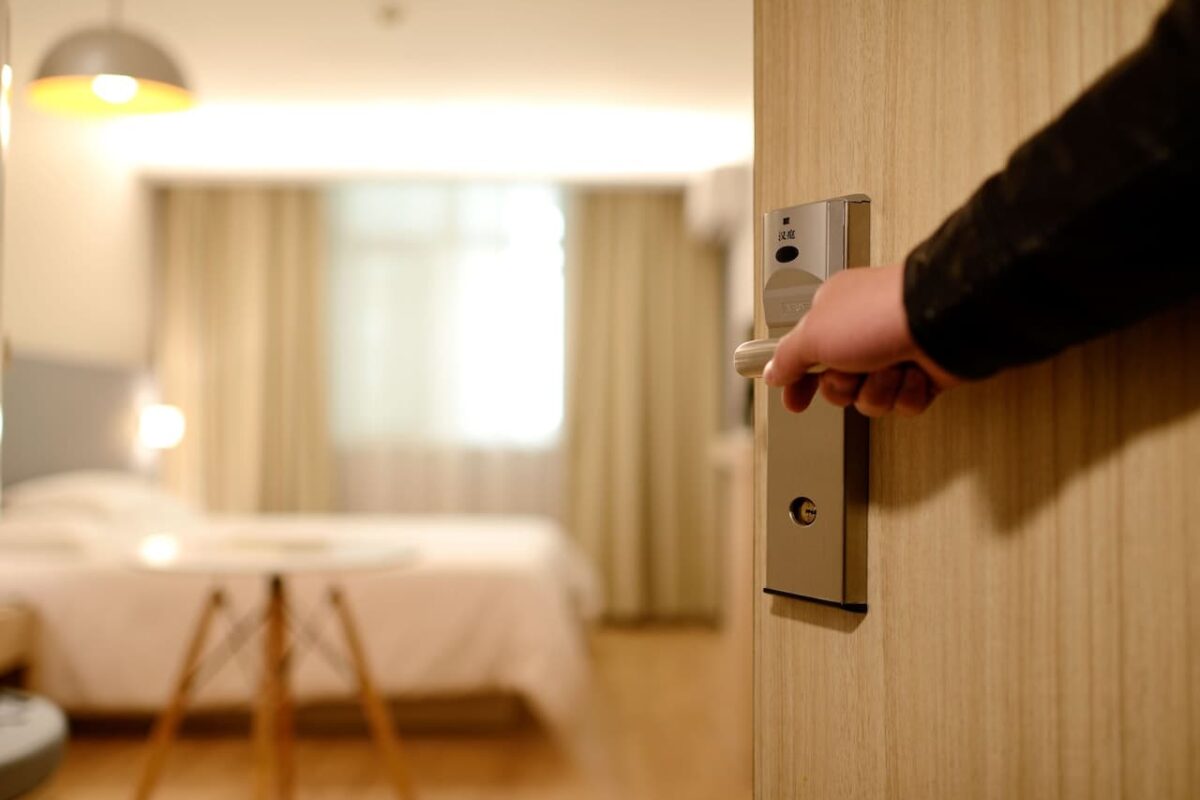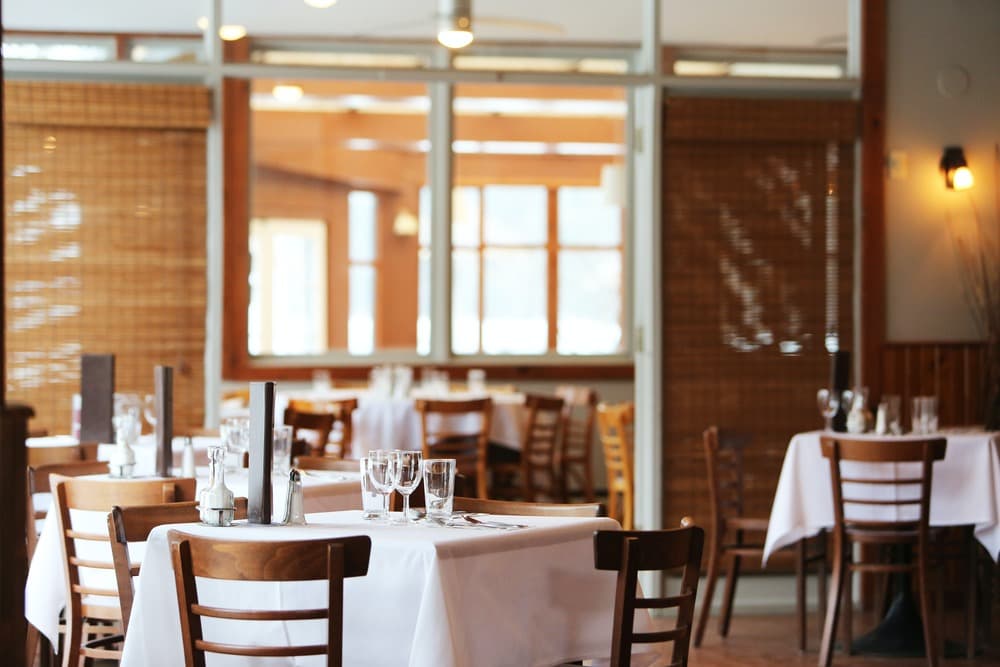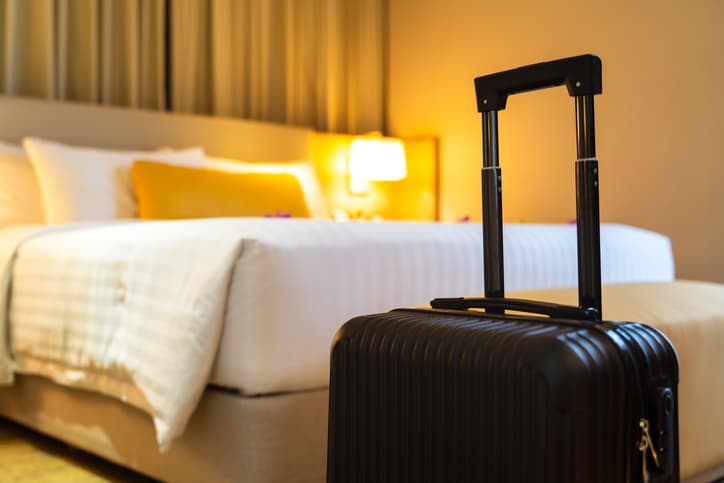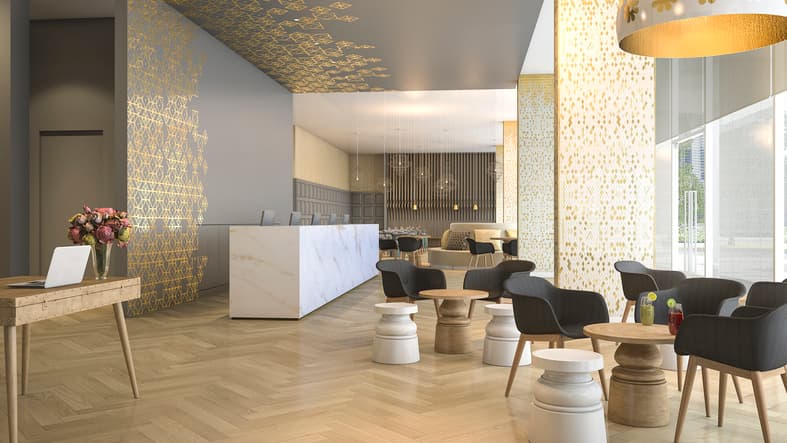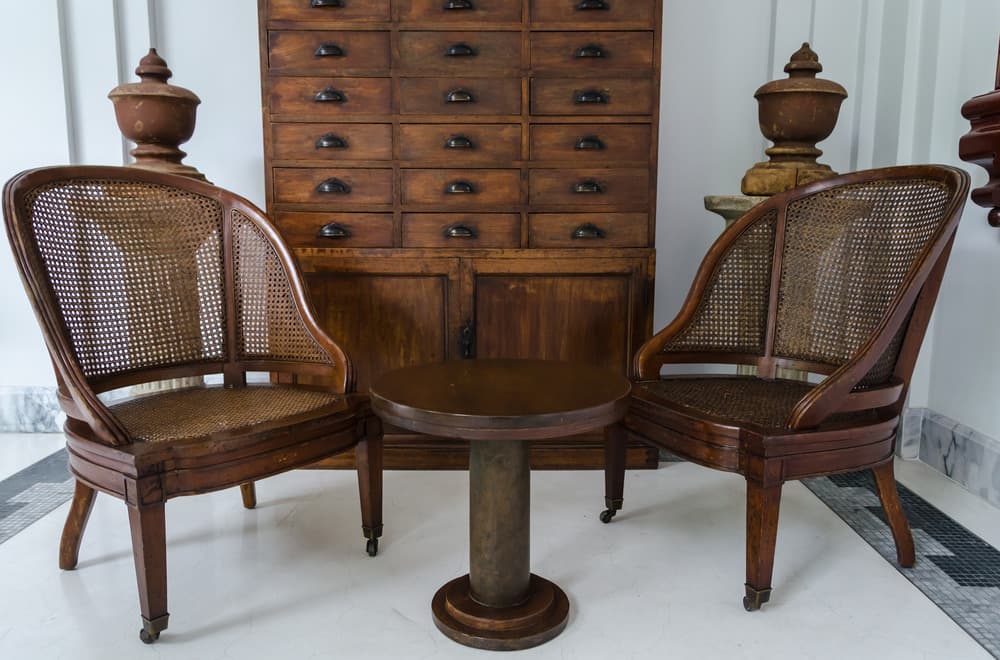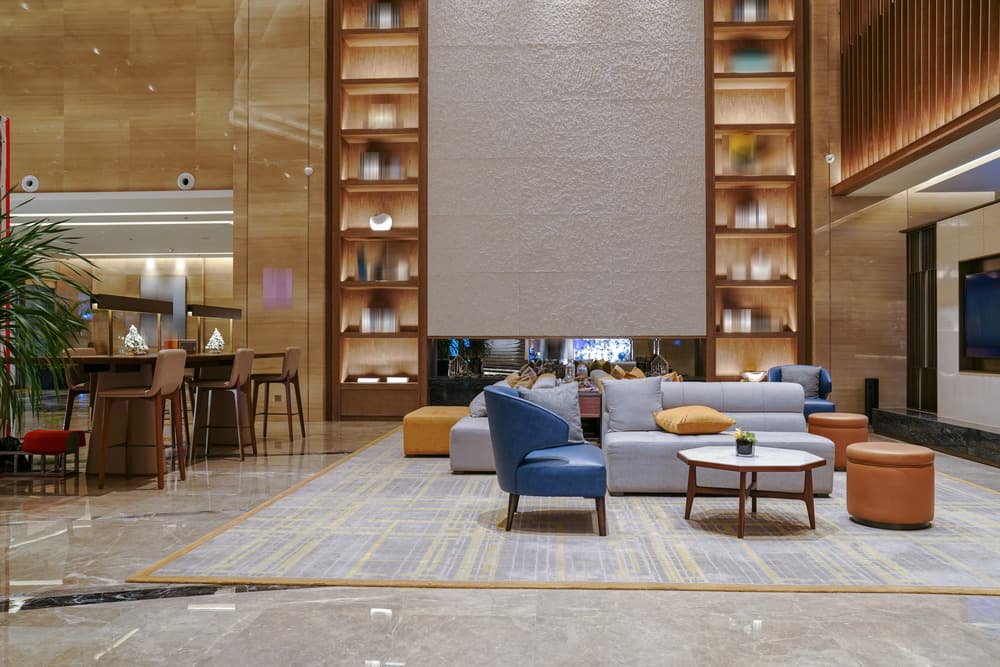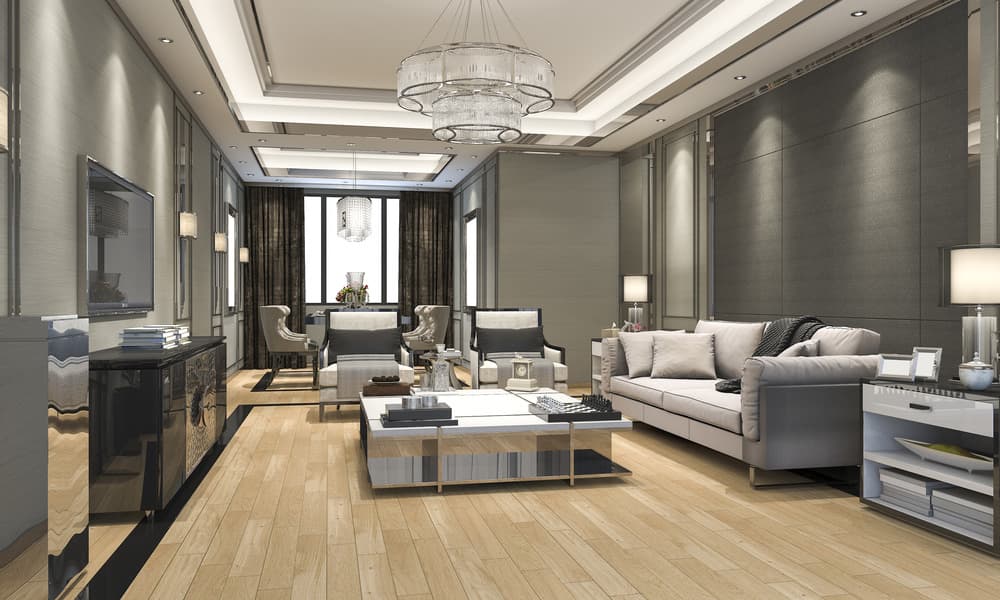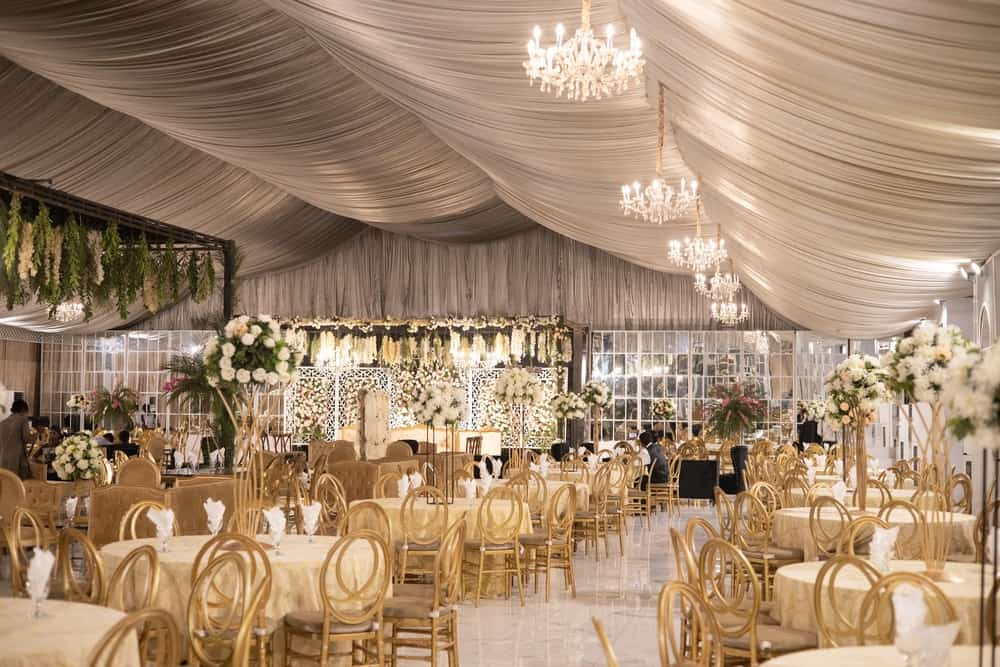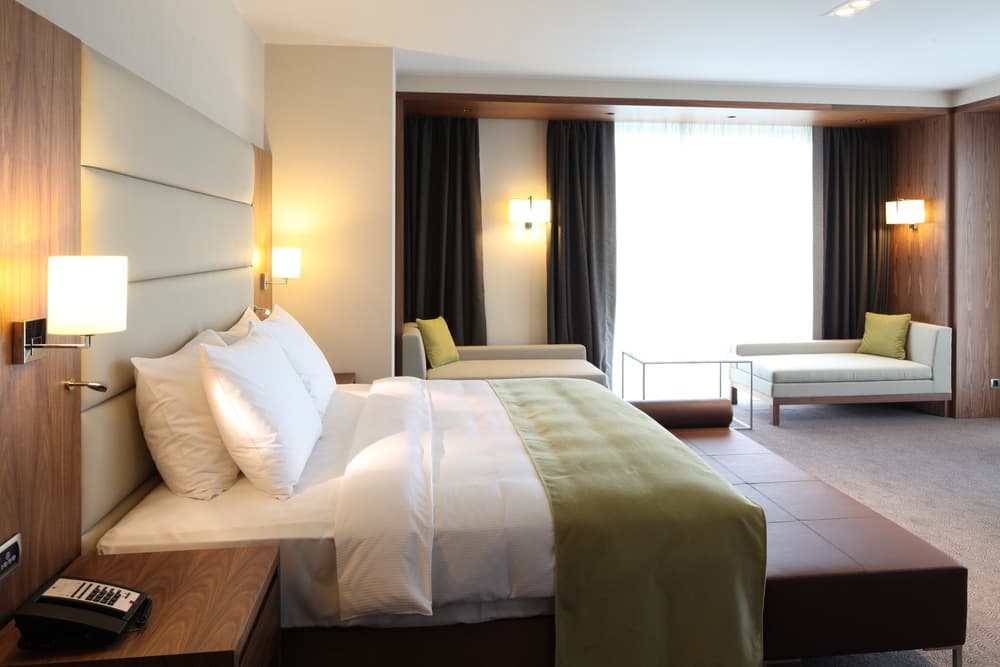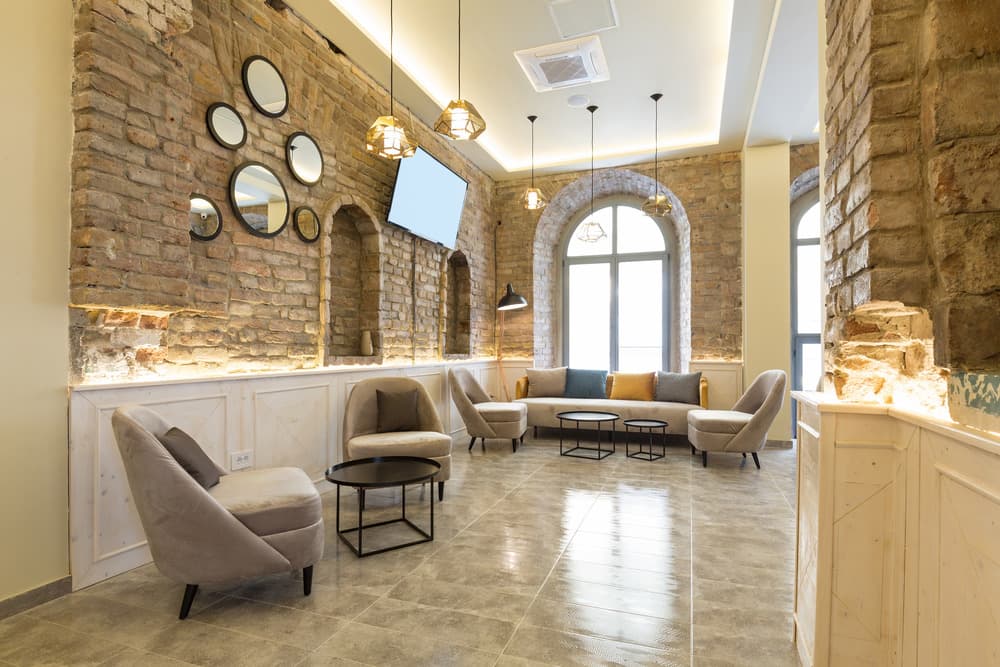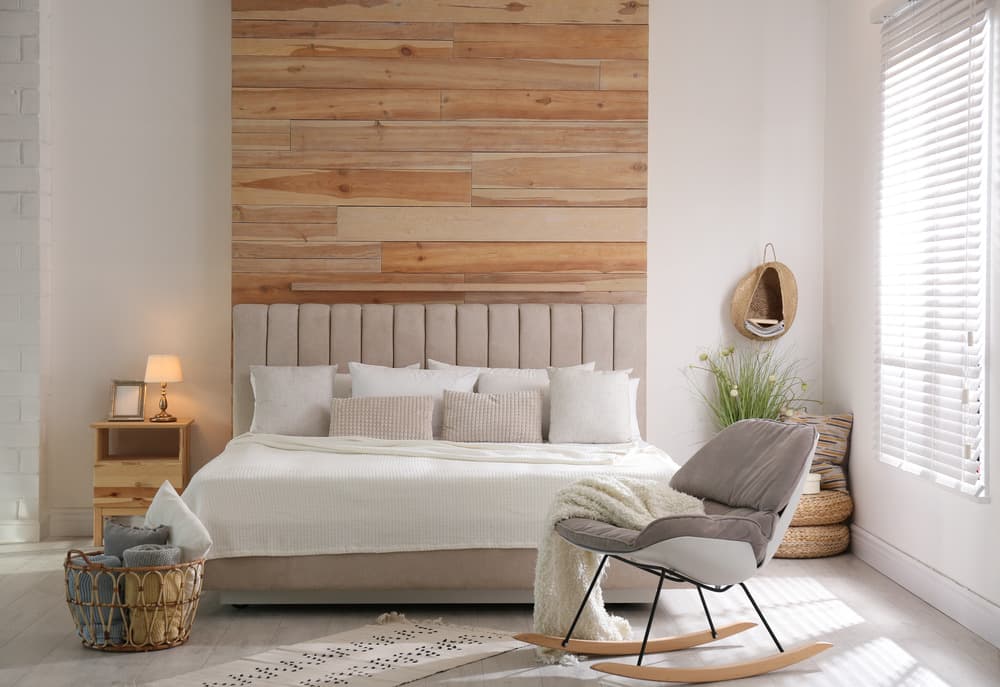
The Top 6 Wood Types for Durable and Stylish Hotel Furniture
June 25, 2023
What is the Difference Between Traditional and Modern Furniture Styles?
July 6, 2023Table of Contents
ToggleWhat is the most important element of creating a hotel with soul?
How can you make a hotel attractive to customers?
When it comes to making a hotel attractive to customers, there are several key factors to consider. By focusing on these areas, hotel owners and managers can create a welcoming and enticing environment that will draw in guests and leave a lasting impression.
1. Stunning Interior Design: The first impression is crucial, and a well-designed interior can make all the difference. Invest in creating a stylish and visually appealing space that reflects the hotel’s brand and target market. Use a combination of colors, textures, and lighting to create a warm and inviting atmosphere.
2. Comfortable and Functional Rooms: Guests value comfort and convenience when choosing a hotel. Ensure that rooms are well-appointed with high-quality furniture, cozy bedding, and modern amenities. Pay attention to details such as room layout, storage options, and user-friendly technology to enhance the overall guest experience.
3. Excellent Customer Service: Exceptional customer service is a key factor in attracting guests. Train your staff to be friendly, attentive, and responsive to guests’ needs. Encourage personalized interactions and go the extra mile to exceed expectations. A positive and memorable experience will lead to repeat visits and recommendations.
4. Well-Maintained Facilities: Regular maintenance and cleanliness are critical in creating an attractive hotel. Ensure that all areas, including public spaces, common areas, and guest rooms, are well-maintained, clean, and inviting. Pay attention to details such as fresh flowers, pleasant scents, and comfortable seating areas to create a welcoming ambiance.
5. Unique Amenities: Differentiate your hotel by offering unique amenities that set you apart from the competition. This could include things like a rooftop bar, a spa, a fitness center, or even a special event space. By providing these additional services, you create a memorable experience for guests and give them a reason to choose your hotel over others.
While all of these factors are important in creating an attractive hotel, there is one element that stands out as the most important when it comes to creating a hotel with soul – high-quality, durable furniture.
The furniture in a hotel plays a crucial role in creating a comfortable and inviting space for guests. It sets the tone for the entire hotel experience and can greatly impact a guest’s perception of the hotel. Cheap, poorly made furniture can make a hotel feel cheap and unappealing, while high-quality, durable furniture can elevate the hotel and create a sense of luxury and sophistication.
When choosing furniture for your hotel, it’s important to prioritize quality and durability. Invest in pieces that are built to last and can withstand the wear and tear of daily use. Look for furniture that is made from high-quality materials, such as solid wood or metal, and has sturdy construction.
In addition to durability, consider the design and style of the furniture. Choose pieces that are not only comfortable and functional but also visually appealing. The furniture should complement the overall interior design of the hotel and create a cohesive and inviting atmosphere.
Another important consideration is the comfort of the furniture. Guests spend a significantamount of time in hotel rooms, so it’s crucial that the furniture is comfortable and provides a pleasant experience. Choose mattresses that are supportive and have good quality bedding to ensure a good night’s sleep. Provide comfortable seating options in guest rooms and public areas to allow guests to relax and unwind.
Furthermore, consider the practicality of the furniture. Opt for pieces that are easy to clean and maintain, as this will save time and money in the long run. Choose furniture that is resistant to stains and spills, and select materials that are easy to wipe down and keep clean.
When it comes to creating a hotel with soul, every detail matters. The furniture in your hotel is not just a functional necessity, but an opportunity to create a unique and memorable experience for your guests. By investing in high-quality, durable furniture that is comfortable, visually appealing, and practical, you can create a hotel that stands out from the rest.
In conclusion, when it comes to creating an attractive hotel with soul, there are many factors to consider. From well-maintained facilities to unique amenities, each element plays a role in creating a memorable experience for guests. However, the most important factor is high-quality, durable furniture. By investing in furniture that is built to last and meets the needs of your guests, you can create a hotel that is comfortable, inviting, and stands out from the competition. So, when it comes to furnishing your hotel, don’t underestimate the power of high-quality furniture in creating a hotel that truly shines.
How can a hotel create a unique customer experience?
Creating a unique customer experience is crucial for hotels to stand out in a highly competitive industry. It not only helps in attracting and retaining guests but also enhances brand reputation. Here are some effective ways a hotel can create a unique customer experience:
1. Personalized Service: Personalization is key to delighting customers. Hotels can gather guest preferences and tailor their services accordingly. This can include personalized welcome messages, room amenities, and recommendations based on guests’ interests.
2. Unique Design and Ambiance: Hotels with distinct and visually appealing designs create a memorable experience for guests. Incorporating local elements, artwork, and innovative interior designs can create a sense of place and make guests feel immersed in the culture.
3. Exceptional Dining Experiences: Food is an integral part of the overall guest experience. Offering unique dining options such as themed restaurants, local cuisine, or chef’s table experiences can leave a lasting impression on guests.
4. Innovative Technology: Embracing technological advancements can enhance the guest experience. Offering features like keyless entry, mobile check-in, and in-room automation not only make the stay convenient but also demonstrate a hotel’s commitment to providing a modern and seamless experience.
5. Engaging Activities and Events: Organizing engaging activities and events can create a sense of community among guests. This can include wine tastings, cooking classes, cultural performances, or even local tours to showcase the destination’s highlights.
6. Excellent Staff Training: Well-trained and friendly staff can elevate the overall guest experience.
What strategies can be used to build a hotel with character?
Building a hotel with character requires a strategic approach that goes beyond the physical structure. It involves creating an ambiance and experience that sets your establishment apart from the competition. Here are some strategies to consider when aiming to build a hotel with character:
1. Define your brand identity: Start by defining your hotel’s unique brand identity. Consider your target audience, location, and overall theme. This will serve as the foundation for creating a distinct character that resonates with your guests.
2. Emphasize the design: Pay attention to the interior design elements that reflect your brand identity. Incorporate unique and locally sourced furniture, artwork, and decor that tells a story and creates a memorable experience for your guests. From the lobby to the guest rooms, make sure every space exudes the character you want to portray.
3. Focus on exceptional service: Exceptional service is a crucial aspect of building a hotel with character. Train your staff to go above and beyond in meeting guest expectations. Personalize interactions, anticipate needs, and provide genuine hospitality. When guests feel well taken care of, they are more likely to remember their stay and recommend your hotel to others.
4. Offer unique amenities: Differentiate your hotel by offering unique amenities that align with your brand and target audience. This could include spa services, themed restaurants, rooftop bars, or outdoor activities. These special touches add value to the guest experience and contribute to the overall character of your hotel.
5. Engage with the local community: Connect with the localcommunity to infuse your hotel with character. Partner with local businesses, artists, and organizations to showcase the destination’s culture and heritage. This could be through art exhibitions, live performances, or collaborations for special events. By engaging with the local community, you not only create a unique experience for your guests but also support the local economy.
6. Creative activities and events: Organize activities and events that bring guests together and create a sense of community. This can include wine tastings, cooking classes, cultural performances, or even local tours to showcase the destination’s highlights. By providing opportunities for guests to interact and connect, you enhance their overall experience and foster a memorable stay.
7. Excellent staff training: Well-trained and friendly staff can elevate the overall guest experience. Invest in comprehensive training programs that equip your staff with the skills and knowledge to deliver exceptional service. Encourage a positive and customer-centric work culture that prioritizes guest satisfaction. When your staff is passionate and knowledgeable, it contributes to the character and reputation of your hotel.
In conclusion, building a hotel with character requires a holistic approach that encompasses both physical and experiential elements. By defining your brand identity, emphasizing design, focusing on exceptional service, offering unique amenities, engaging with the local community, organizing engaging activities and events, and investing in staff training, you can create a hotel that stands out from the competition and leaves a lasting impression on your guests.

